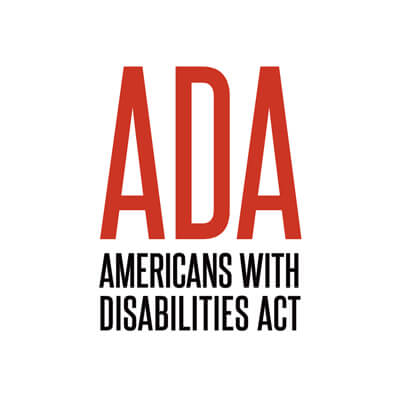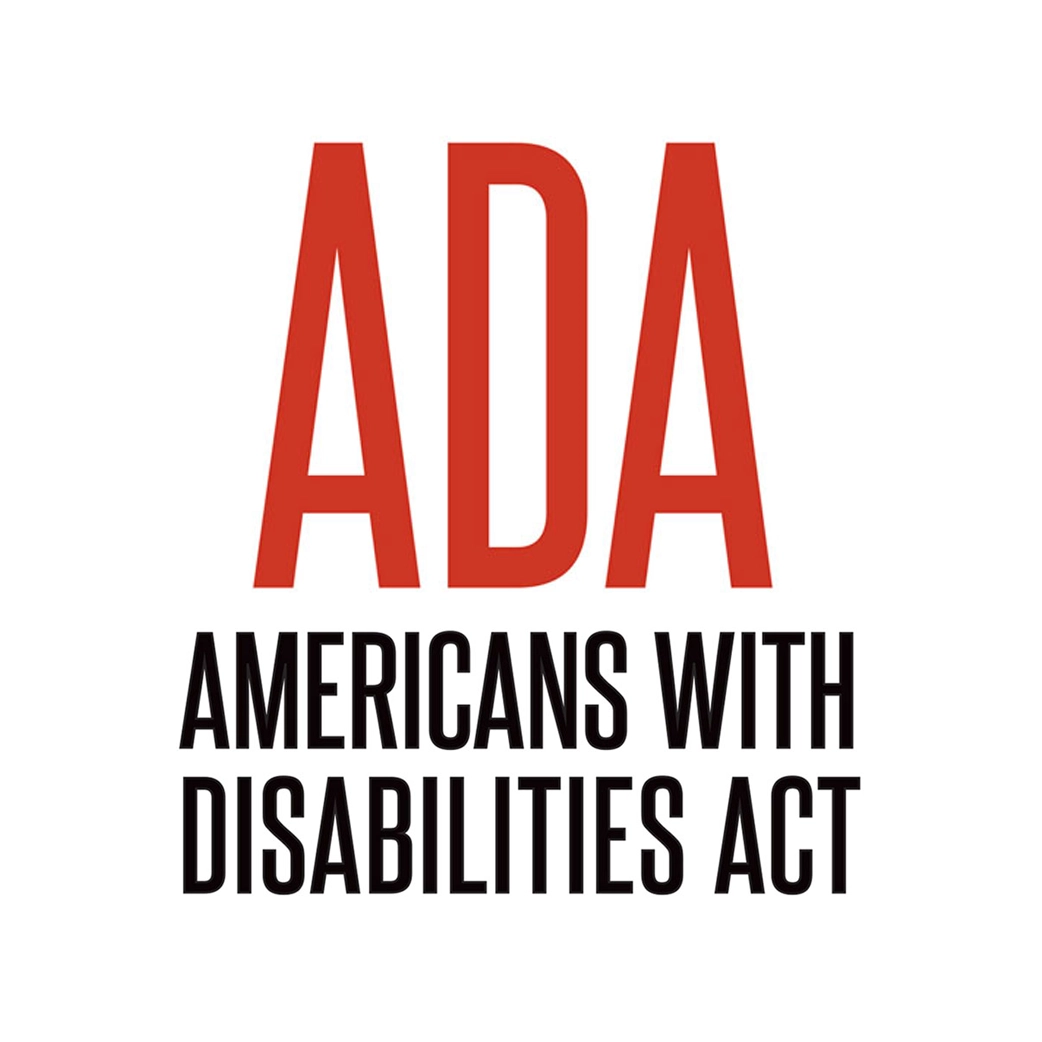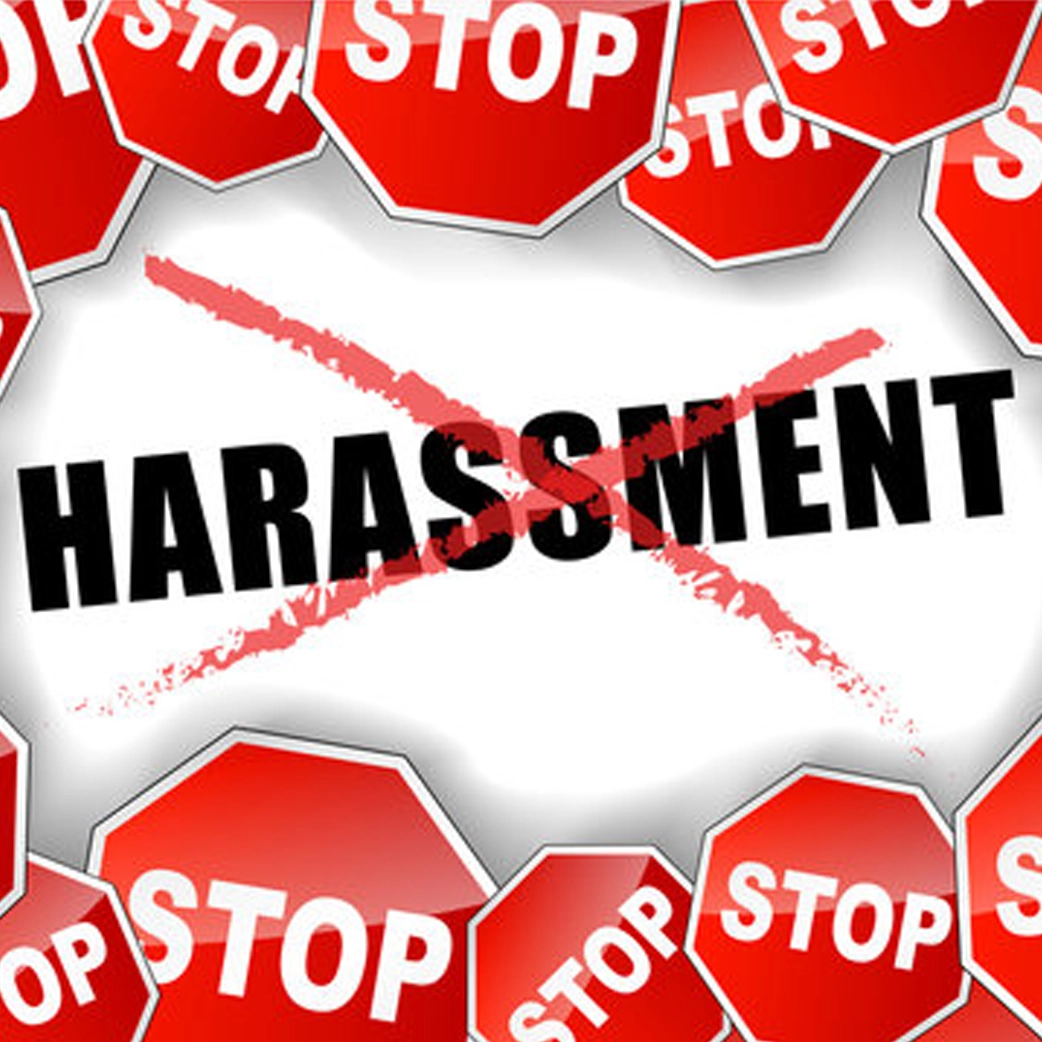Coronavirus Update 180700APR20
Online John Hopkins CSSE Coronavirus Dashboard
WHO Novel Coronavirus (2019-nCoV) website
European Centre for Disease Prevention and Control, Novel coronavirus in China page
The number of cases worldwide continues to climb. According to health officials, there have been 2,256,844 confirmed cases of COVID-19. More than 154,350 people have died.
LOUISIANA
Please go to http://ldh.la.gov/Coronavirus/ for official information on Positive Test Results and locations. It is updated 12 noon daily. LDH officials’ latest report: As of last report all Parishes have reported (64 of 64) cases with state totaling 23,118 cases of COVID-19 and 1,213 deaths across the state.
1,868 Reported COVID-19 Patients in Hospitals; 363 of those on ventilators
6,102 Tests Completed by State Lab; 125,885Commercial Tests Completed
SEE ATTACHED SPREADSHEET FOR LATEST PARISH INFO UPDATE WILL BE AT NOON TODAY
NATIONAL
In the U.S., as the worldwide death toll from the novel coronavirus surpassed 150,000 on Friday, a number of governors said that while they would take President Donald Trump’s new guidelines to reopen state economies under consideration, they were wary of moving too fast in the face of unresolved issues like testing shortages. Vice President Pence said that states have enough testing to reopen under phase one of the White House’s guidelines, which advises continued social distancing, stay-at-home orders and telework. Several governors have taken steps to gradually reopen their states, with Texas, Minnesota, Vermont and Montana on Friday announcing dates for easing certain restrictions. But some Americans are calling for a quicker return to business as normal and marched on state capitols Friday to make their voices heard. This comes as President Trump has seemingly taken the side of protesters in multiple states who are defying social distancing orders to rally against the safety measures intended to stop the coronavirus spread. The U.S. has 712,184 confirmed cases with over 37,000 deaths.
The US State Department has issued a “Do Not Travel”health advisory. The Department of State advises U.S. citizens to avoid all international travel due to the global impact of COVID-19. In countries where commercial departure options remain available, U.S. citizens who live in the United States should arrange for immediate return to the United States, unless they are prepared to remain abroad for an indefinite period. U.S. citizens who live abroad should avoid all international travel.
INTERNATIONAL
Africa is desperately short of ventilators, among other essential supplies. Limited testing means that it is impossible to know the true scale of coronavirus infections in Africa. But several countries on the continent are reporting rising caseloads, and the outbreaks could be catastrophic, in part because many countries lack essential medical supplies. Case in point: Fewer than 2,000 working ventilators have to serve hundreds of millions of people in public hospitals across 41 of Africa’s 55 countries, the World Health Organization says, compared with more than 170,000 in the United States. Ten countries in Africa have none at all. As for intensive care beds, the W.H.O. says there are just 5,000 across 43 African countries. That’s about five beds per million people, compared with about 4,000 beds per million in Europe. Many experts also worry about chronic shortages of much more basic supplies that are needed to slow the spread of the disease and treat the sick on the continent: masks, oxygen and, even more fundamentally, soap and water.
In Iran, with the coronavirus outbreak still raging within its borders, Iran on Saturday lifted the lockdown on its capital and called on government and private-sector employees to return to work. The rest of Iran’s provinces had lifted a two-week lockdown and travel restrictions a week earlier. Schools and sporting events remain closed, and restaurants have been restricted to takeout. President Hassan Rouhani has called his return-to-work policy a “smart distancing” strategy that will fight two enemies: the pandemic and the collapse of an economy that was already strained by international sanctions. “Our message is the great people of Iran and all private and government entities, labor workers and engineers, despite fighting the coronavirus on one front, are also continuing the economic development of our country,” he said on Thursday. About 5,000 people with the virus have died in Iran, including some of the country’s top officials, and about 80,000 have been infected, according to government figures. But local experts and health officials say that many others who showed symptoms of the virus have died or fallen ill without being tested. Health officials say that easing the restrictions too soon risks another surge in infections. Iran’s military held annual parades on Friday in Tehran and other cities. The parade typically shows off military hardware, but this year soldiers marched in protective gear, and ambulances and medical equipment replaced missiles and drones.
In the U.K., public health officials have told doctors and nurses to forgo full-length protective gowns when treating coronavirus patients, a last-ditch measure to compensate for looming equipment shortages this weekend that health care workers said would put their lives at risk. Officials previously said that medical workers should wear waterproof surgical gowns during high-risk procedures involving the coronavirus outbreak, reflecting World Health Organization guidance, medical groups said. But that guidance changed as hospitals began running out of supplies, and Britain’s health secretary, Matt Hancock, said he could not guarantee that hospitals would have the protective gear they needed over the weekend.
Workers were advised to wear plastic aprons on top of coveralls instead. “We are tight on gowns,” Mr. Hancock told lawmakers on Friday. “That is the pressure point at the moment.” The changing guidance came as Britain said on Friday that a total of 14,576 people had died in hospitals from the coronavirus, a rise of 847 from the day before. The daily death toll has dropped from a peak of 980 a week ago. The U.K. has 109,769 confirmed cases. The shortage of gowns could add to growing friction between staff groups and public health officials in England over protective gear. At least 50 front-line medical workers have died from the virus in Britain, and the Royal College of Nursing said recently that nurses should refuse to treat patients if there was inadequate protective gear. Britain also remains far short of its goal of carrying out 100,000 tests a day by the end of April, with only 21,000 daily tests being completed as of Thursday. But Mr. Hancock said the country would return to trying to track down the contacts of people with symptoms of the virus, an effort the government had halted last month as the virus spread.
On Friday, April 17, the Dubai government extended the 24-hour curfew through Saturday, April 25, due to the spread of coronavirus disease (COVID-19). On Thursday, March 26, the UAE government introduced a nightly curfew which was then extended to a 24-hour curfew by Dubai authorities and originally set to end on Saturday, April 18. Under lockdown regulations, members of the public who go out for walks, cycle, or drive for essential reasons such as purchasing food or medicine must apply for a permit at this website. Only one family member will be permitted to go out at any one time during the ongoing sanitation program, and those leaving their homes are to wear masks, gloves, and respect social distancing advice. Those working in vital sectors will be exempted from the restrictions. Dubai’s Roads and Transport Authority (RTA) announced that metro and tram service would be suspended during the lockdown. Free bus transportation and a 50 percent discount on taxi rides will be offered in lieu. As of April 17, there are 6302 confirmed COVID-19 cases within the UAE, including 37 deaths.
In Singapore, the total number of confirmed coronavirus infections has reached 5,000, according to the country’s Ministry of Health, after another 623 cases were reported on Friday. Singapore has experienced a rapid rise in cases after a second wave of infections brought back from other parts of the world. There are now at least 5,050 infections and 11 deaths from the virus, according to the government. Just one of the new cases on Friday was an imported infection, showing the disease is now being spread through the community. “We are particularly concerned that it is increasingly difficult to link the new cases and identify the source of infection,” the Ministry of Health said in the press release. “In fact, the number of unlinked cases in the community has increased slightly, from an average of 19 cases per day in the week before, to an average of 22 per day in the past week.” Among the new cases reported, 558 are foreign workers residing in dormitories, the ministry said. Last week, Singapore announced it would move foreign workers into alternative living arrangements such as military camps and vacant government apartments amid a spike in cases.
In Australia, a resident of Newmarch House in western Sydney has died after an outbreak at the home. Thirty people, including 10 staff and 20 residents, have tested positive with the virus. On Friday the NSW chief health officer announced that every staff member and resident would be tested with the virus, even those who had already returned a negative result. Aged care homes are particularly vulnerable to spread once a case occurs. Dorothy Henderson Lodge, also in NSW, recorded multiple deaths following an outbreak there last month. While the deputy chief medical officer, Prof Paul Kelly, was giving an update in Canberra. He explained that one of the deaths that happened yesterday was a 42-year-old man who was a crew member on the Artania cruise ship, which is leaving Fremantle today on its way to the Philippines. “So that is by far our youngest person that has died in Australia from this disease, and a terrible tragedy for that man and his family,” Kelly says. “But it is a reminder for us that this is not just an old person’s disease. We are all in this together for a reason. “Because it can affect any of us, and while it is true to say that the majority of cases, over 80%, are mild, some of them can be very severe. We still have 55 people across Australia in intensive care right now, some of those have been ventilated, some of them extremely sick. These are really strong reminders for us why we are taking this disease seriously and why, indeed, the whole world is taking this pandemic seriously. “We are continuing to concentrate on the way out of where we are now. Australia has done extremely well compared with the rest of the world up to this point. But it is not a time for us to decrease the measures that we have in place. We have, for example, been one of the major testing countries for Covid-19 and a recent paper published by the London school of hygiene and tropical medicine – I am an alumnus of that institution – shows that we are at the highest level in terms of case ascertainment and making sure that the cases that are out there are being found. “We reached a milestone: we now have over 400,000 tests that have been done here in Australia, and so again, by sheer numbers, we are doing a lot of testing. But one of the challenges that was put back to the Australian health committee from the national cabinet on Thursday was for us to continue to look and consider what our testing strategy should be into the future. So that is part of our surveillance plan that we are developing, and we had a discussion about that today at our Australian health committee meeting with the other chief health offices. I chaired that meeting today and we discussed what that surveillance plan should look like and particularly what should we be doing in terms of expanding testing now that we have that capability to do so. Australia has 6,547 confirmed cases.
BUREN R. (Ric) MOORE, SGM (R)
GOHSEP Intelligence Officer
Louisiana State Analytical & Fusion Exchange (LA-SAFE) Liaison
Office: 225.925.3674
Cell: 225.936.0404
In the case of terrorism, to wait for an indication of crime before investigating it is to wait too long. There is no guarantee of success, but there has to be a guarantee of effort. Let’s make it hard to hurt us. If you see something suspicious, report it.












